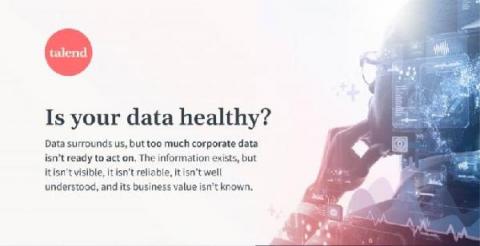Integrating Data to Build Emotional Health: How SU Queensland Uses Talend to Enrich Service Delivery
The mission statement is so direct and uncomplicated. SU Queensland, a non-profit organization based in Australia, is all about “bringing hope to a young generation.” The realities of delivering on this charter, of course, are multi-dimensional and complex. SU Queensland provides a wide range of services to schools, churches, and community groups across Australia, including youth camps, school chaplains, community engagement programs, and training and support for youth workers.







